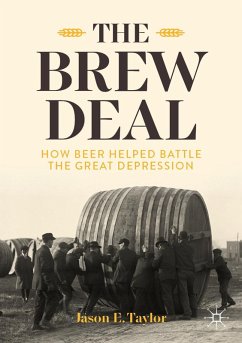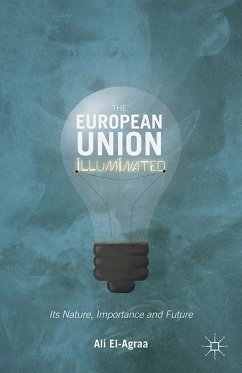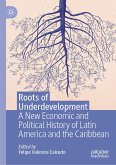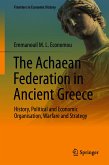-Kenneth Elzinga, Professor of Economics, University of Virginia
"It's rare that a book about events from a century ago feels so fresh and timely. This gripping scholarship is a joy for readers. It also provides important insights into the politics and regulation of alcoholic beverages today."
-Bart Watson, VP of Strategy & Chief Economist of the Brewers Association
-Kenneth Elzinga, Professor of Economics, University of Virginia
"It's rare that a book about events from a century ago feels so fresh and timely. This gripping scholarship is a joy for readers. It also provides important insights into the politics and regulation of alcoholic beverages today."
-Bart Watson, VP of Strategy & Chief Economist of the Brewers Association
During the final stages of Prohibition, the US government allowed the consumption and sale of "non-intoxicating" beer, which was at or below 3.2% alcohol-by-weight. Beer's return-permitted with an eye toward job creation during the Great Depression-was one of President Franklin D. Roosevelt's earliest New Deal policies. In this book, economist Jason E. Taylor takes readers through the rapid resurgence of American breweries and shows how beer helped spark a sharp recovery in the spring of 1933.
Taylor begins with stories of how the nation's 1,400 breweries were decimated by the onset of Prohibition in 1920. He then turns to the frothy debates that led Congress to declare 3.2 beer "non-intoxicating," and hence allowable under Prohibition. While April 7th is now celebrated as "National Beer Day," the original April 7th-when legal beer returned after more than 13 years away-brought raucous scenes that make today's Mardi Gras festivities seem tame by comparison.
The Brew Deal shares stories of breweries, people, politics, perseverance, and the various roles that 3.2 beer has played in the evolving American beer scene.
Jason E. Taylor is Jerry and Felicia Campbell Professor of Economics at Central Michigan University. Before joining CMU, he earned a bachelor's degree in journalism from Ohio University and a PhD in economics from the University of Georgia. Taylor served as Editor-in-Chief of Essays in Economic & Business History between 2012 and 2018. His research is focused on US economic history, industrial organization, and public policy. Taylor's work appears in The Wall Street Journal, Forbes, USA Today, The Journal of Economic History, The Journal of Law and Economics, Public Choice, Economica, The Journal of Industrial Economics, and more.
Dieser Download kann aus rechtlichen Gründen nur mit Rechnungsadresse in A, B, BG, CY, CZ, D, DK, EW, E, FIN, F, GR, HR, H, IRL, I, LT, L, LR, M, NL, PL, P, R, S, SLO, SK ausgeliefert werden.









